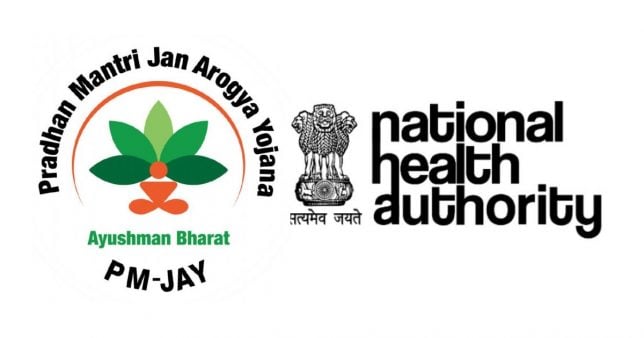In the last decade, researchers and experts have been focusing much on heart health, especially as events like heart attacks and cardiac arrests have seen a tremendous rise across the globe.Â
Cardiologists have long advocated for the inclusion of aerobic exercises in our daily routines, citing their numerous benefits for heart health.Â
These exercises, often referred to as “cardio,” involve repetitive contraction of large muscle groups, which increases your heart rate and breathing.
The result is a healthier, stronger heart that can efficiently pump blood throughout the body.
The American Heart Association emphasises that cycling helps reduce heart disease risk and maintains blood pressure. An hour-long leisure ride or a more strenuous half-hour ride thrice a week is ideal.
Here are five types of aerobic exercises recommended by cardiologists:
Brisk walking
This is a moderate-intensity exercise that tops many heart-healthy activity lists. It’s an excellent way to increase your physical activity without putting too much strain on your body.
Running
A vigorous-intensity exercise, running can significantly boost your heart rate, making it an effective cardio workout.
Cycling
Whether you’re cycling outdoors or using a stationary bike, this exercise is great for improving cardiovascular fitness.
Swimming
This full-body workout not only strengthens your muscles but also enhances your heart’s ability to pump blood.
Jumping rope
This high-intensity exercise can get your heart pumping, improving your overall aerobic fitness.
Benefits of aerobic exercises
These exercises, when done regularly, can strengthen your heart muscle, improve blood circulation, and increase oxygen levels in your blood.
They also help manage weight, prevent artery damage from high cholesterol, high blood sugar, and high blood pressure, all of which contribute to a healthier heart and lower risk of cardiovascular disease.
Moreover, aerobic exercises can improve the muscles’ ability to pull oxygen out of the blood, reducing the need for the heart to pump more blood to the muscles.
They also work like beta blockers to slow the heart rate and lower blood pressure, reducing stress hormones that can put an extra burden on the heart.











Leave a Reply